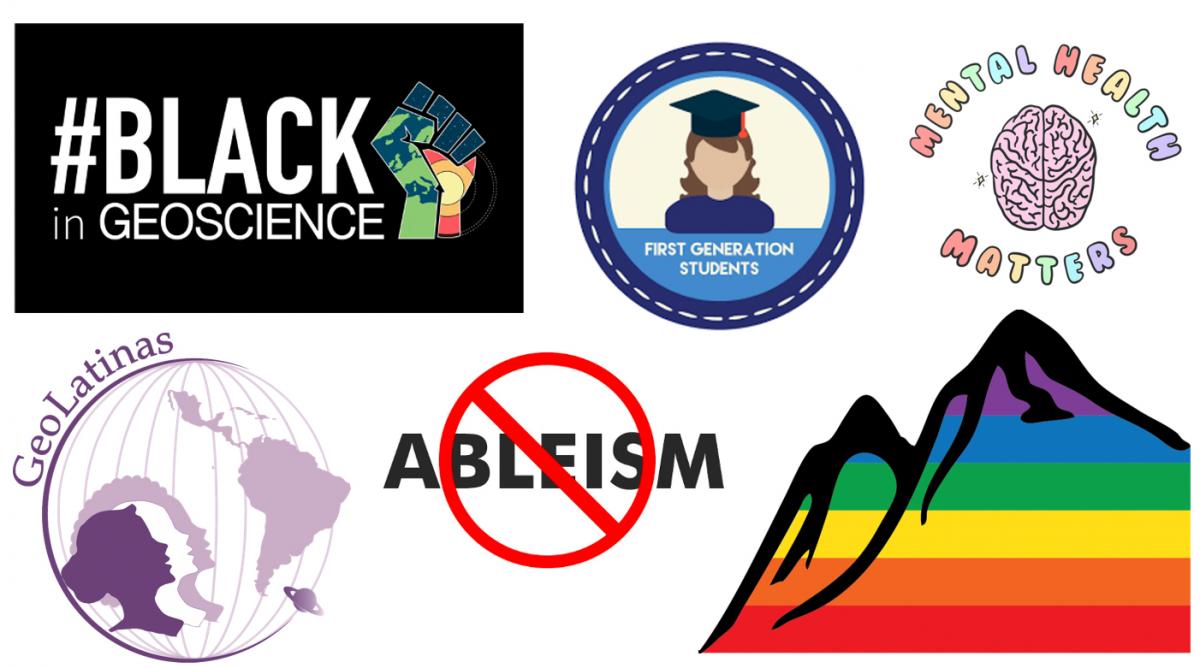The Department of Earth and Environmental Sciences (EES) is committed to taking meaningful action against racism. We actively condemn racism and commit to continued anti-racism work. As a department we recognize that the Earth and Environmental Sciences are the least diverse field in Science, Technology, Engineering, and Mathematics (STEM). We also recognize a history of racism at Tulane University that stretches back to the founding of our university.
EES, like other scientific disciplines, is and has been dominated by white faces and voices. Earth and Environmental Scientists can and must do more to fight structural and societal injustices. As a department, we strongly believe that we are at our best when we have shared goals and approach those goals by valuing a diverse chorus of voices, each with a unique way of approaching and solving problems. To achieve this, we all must stand up and speak out when we see racial injustice and how it impacts our colleagues. Black, Indigenous, People of Color (BIPOC) Earth and Environmental scientists are subjected to racial bias while working at field sites, at meetings, in labs and classrooms, and in life: Students in our discipline and our colleagues have, for example, been stopped and questioned about their right to be on public lands while doing research or in other public spaces based on their skin color alone. This must stop.
In light of the current state of diversity in our field, and given the history of our institute, we seek to broaden participation in the Earth and Environmental Sciences and actively build a departmental culture based on values of Equity, Diversity, Inclusivity (EDI), and anti-racism. Our aim is to build a department that shares the tremendous diversity of cultures and community that exists in the city we reside in: New Orleans. In doing so, we also acknowledge that the land upon which New Orleans sits was once called Bulbancha; Choctaw for “a place of foreign languages” and was commonly used by many nations such as the Acolapissa, Bayagoula, Chitimancha, Choctaw, Houma, and Tunica. We take a broad view of diversity that includes race, color, sex, religion, national origin, age, disability, genetic information, sexual orientation, gender identity, gender expression, pregnancy, marital status, military status, and veteran status.
In order to build this culture, we commit to educating ourselves on EDI issues and to use this education when recruiting (including faculty, staff, and students), developing strategic plans, teaching, conducting research, and constructing and implementing departmental policies.
A few areas where the department is actively engaged in EDI work include:
- Implementing a new holistic evaluation of applicants to our graduate program. Importantly, this evaluation no longer includes the use of the GREs
- Partnering with the Inclusive Graduate Network (IGEN) and AGU Bridge Program to share and develop resources to recruit and retain under-represented minority graduate students
- Encourage student run organizations, like the GeoLatinas, that seek to support our minoritized students
- Run faculty searches that include methods to evaluate applicants’ commitment to fostering EDI environments
- The dedication of funds to support minoritized student travel to scientific conferences.
- Running a departmental seminar series that includes a diverse set of speakers, including seminars that specifically center on diversity in the Earth and Environmental Sciences
- Encouraging sharing and asking of personal pronouns
- The founding of an EDI committee whose charge is to maintain a long-standing commitment to identify and implement policies towards improving departmental EDI culture

